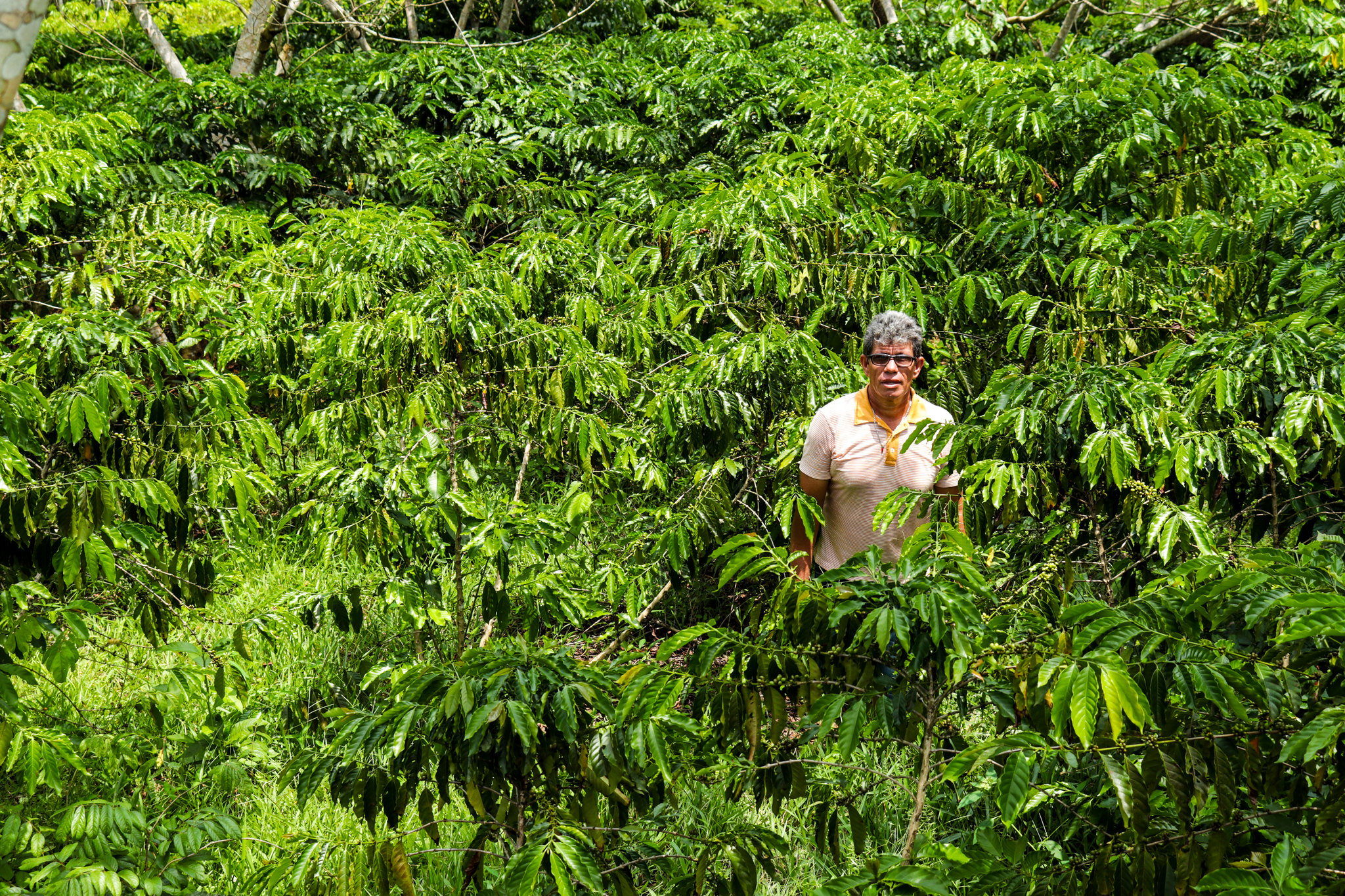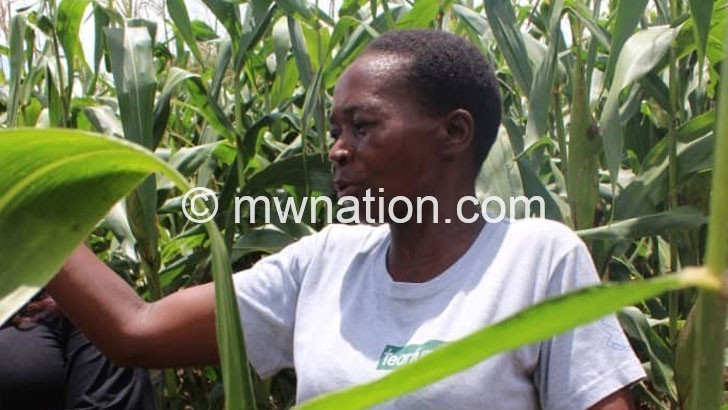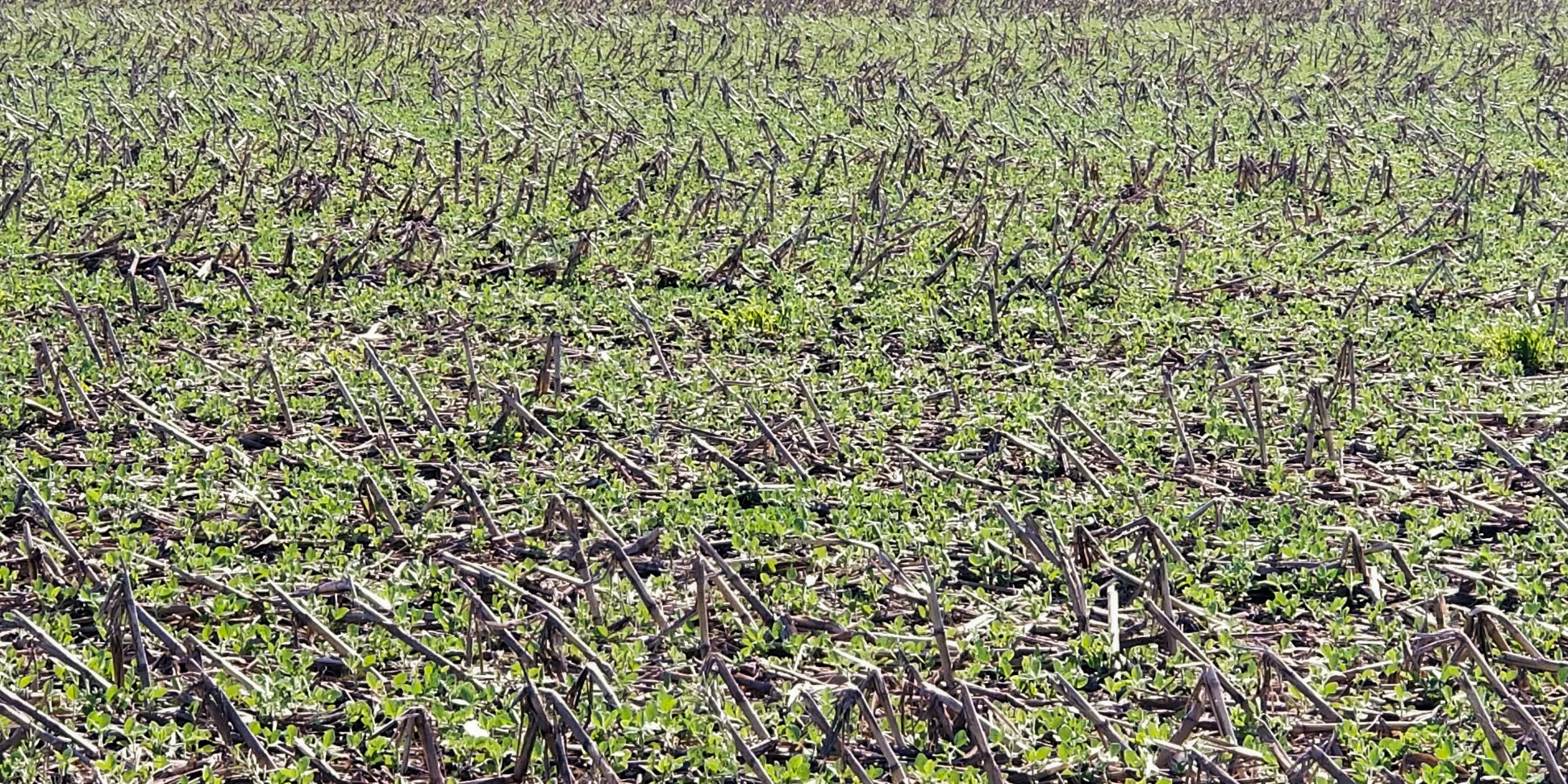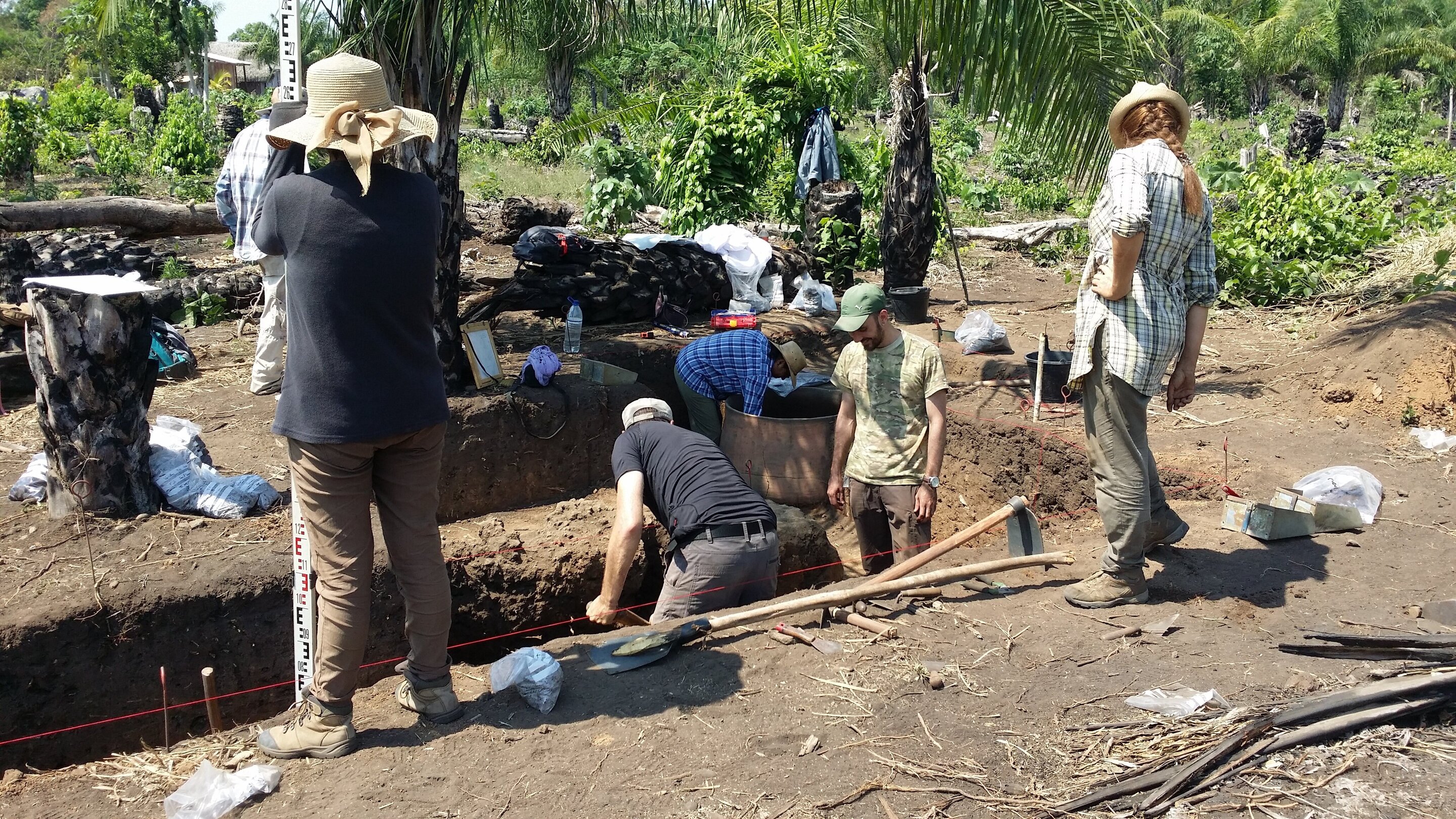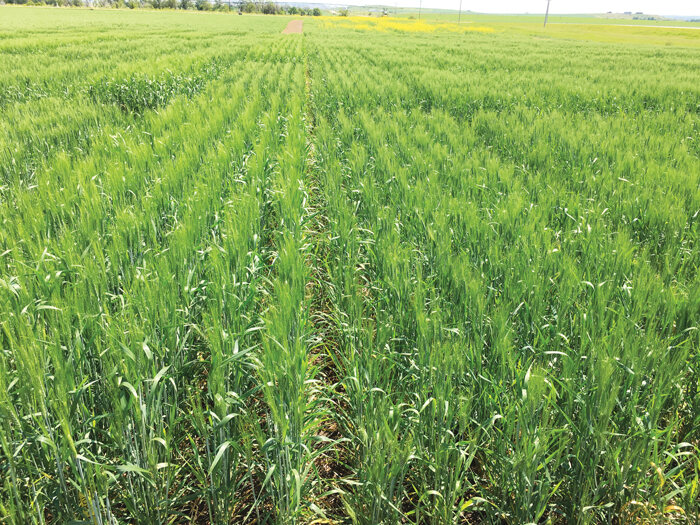 John LaRose Jr.
John LaRose Jr.
Topics: Agriculture Global, Economics, Food/Nutrition, Food Waste, World Hunger, Government / Policies, World Population, Food Security/Shortage,
UN: More than 2 million Yemeni children may starve in 2021
More than 2 million Yemeni children under the age of 5 are expected to endure acute malnutrition in 2021, four United Nations agencies said Friday, urging stakeholders to end the yearslong conflict that has brought the Arab world's poorest country to the brink of famine.
-
(0)
-
Bookmark
- Comments (0)
 John LaRose Jr.
John LaRose Jr.
Topics: Forestry, Coffee/Tea, Agriculture Global, Economics, Sustainability, Government / Policies, Ag Africa, World Population,
Agroforestry-grown coffee gives Amazon farmers a sustainable alternative | South Africa Today
Located in the southern part of Brazil’s Amazonas state, the municipality of Apuí has been producing the Amazon’s first agroecological coffee since 2012. The municipality has one of the highest rates of fire outbreaks in the region, and investing in social development is one way to combat land grabbing and deforestation for cattle pastures. Funded […]
-
(0)
-
Bookmark
- Comments (0)
 John LaRose Jr.
John LaRose Jr.
Topics: Water, Food/Nutrition, Food Waste, Sustainability, World Hunger, Ag Africa, World Population,
For Women Who Feed Africa | The Nation Online | Malawi Daily Newspaper
Women form the backbone of rural economies, growing over two-thirds of food for Africa’s 1.2 billion people.
-
(0)
-
Bookmark
- Comments (0)
 John LaRose Jr.
John LaRose Jr.
Topics: Soil Health, Precision AG , Agriculture US, Water, Fertilizer, World Hunger, Climate Change, World Population,
Land management practices to reduce nitrogen load may be affected by future climate changes
URBANA, Ill. – Nitrogen from agricultural production is a major cause of pollution in the Mississippi River Basin and contributes to large dead zones in the Gulf of Mexico. Illinois and other Midwestern states have set goals to reduce nitrogen load through strategies that include different land management practices. A new study from University of Illinois researchers, published in Journal of Environmental Management, uses computer modeling to estimate how those practices may be affected by potential changes in the climate, such as increased rainfall.
-
(0)
-
Bookmark
- Comments (0)
 John LaRose Jr.
John LaRose Jr.
Topics: Precision AG , Crop Consultant, Agriculture Global, Research, Ag Innovation, World Hunger, World Population, Agronomy, Plant Breeding,
The Next Generation Of Plant Breeding Is Powered By Visual Technologies
Visual technology is being deployed across the agricultural industry to enable rapid phenotyping, a critical part of the $3.9B spent annually on seed research & development.
-
(1)
-
Bookmark
- Comments (0)
 John LaRose Jr.
John LaRose Jr.
Topics: Agriculture Global, Economics, Recycling, World Population, Regenerative Agriculture, Renewable Energy (Solar/Wind),
-
(0)
-
Bookmark
- Comments (0)
 John LaRose Jr.
John LaRose Jr.
Topics: Soil Health, Agriculture US, Crop Consultant, Agriculture Global, Education U.S. MidWest, Conservation/Tillage, World Population, Regenerative Agriculture,
No-till practices in vulnerable areas significantly reduce soil erosion
URBANA, Ill. – Soil erosion is a major challenge in agricultural production. It affects soil quality and carries nutrient sediments that pollute waterways. While soil erosion is a naturally occurring process, agricultural activities such as conventional tilling exacerbate it. Farmers implementing no-till practices can significantly reduce soil erosion rates, a new University of Illinois study shows.
-
(0)
-
Bookmark
- Comments (0)
 John LaRose Jr.
John LaRose Jr.
Topics: Soil Health, Crop Consultant, Sustainability, World Hunger, World Population, Ag South America, Regenerative Agriculture,
Ancient Amazonian farmers fortified valuable land they had spent years making fertile to protect it» Gamers Grade
Credit: Mark Robinson Ancient Amazonian communities fortified valuable land they had spent years making fertile to protect it from battle, excavations present. Farmers in Bolivia constructed picket defenses round beforehand nutrient-poor tropical soils they had enriched over generations to preserve them secure throughout occasions of social unrest. These long-term soil administration methods allowed Amazonians to …
-
(0)
-
Bookmark
- Comments (0)
 John LaRose Jr.
John LaRose Jr.
Topics: Soybeans, Agriculture US, Vegetables, Sweet Corn, World Population, Regenerative Agriculture,
-
(0)
-
Bookmark
- Comments (1)
 John LaRose Jr.
John LaRose Jr.
Topics: Wheat, Weeds, Crop Consultant, Agriculture Global, Crop Diseases, Research, World Hunger, World Population,
Dr. Kalil To Speak On Scab Management In Durum During Wheat Show
At 10 a.m., Wednesday, Feb. 10, at the National Hard Spring Wheat Show in Williston, Dr. Audrey Kalil, NDSU Williston Research Extension Center plant pathologist, will be speaking about her research on fusarium head blight (scab) management in durum. Dr. Kalil leads both basic and applied research programs focused on management of plant diseases on...
-
(0)
-
Bookmark
- Comments (0)



